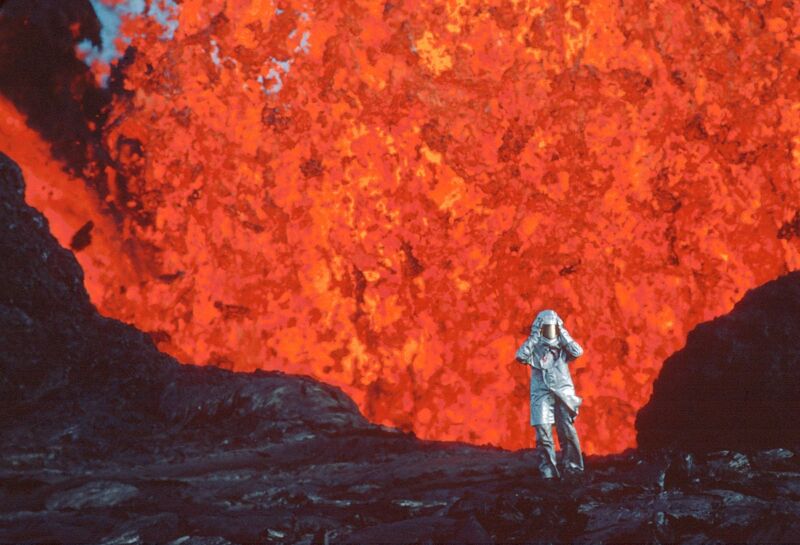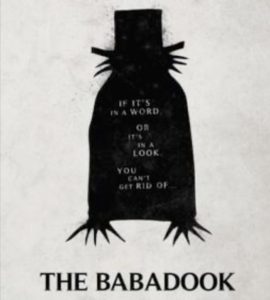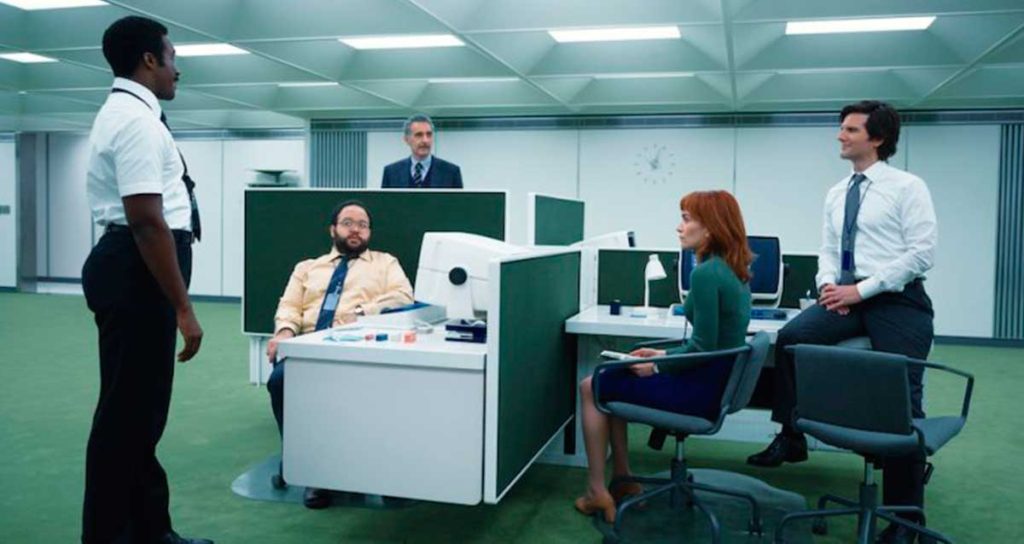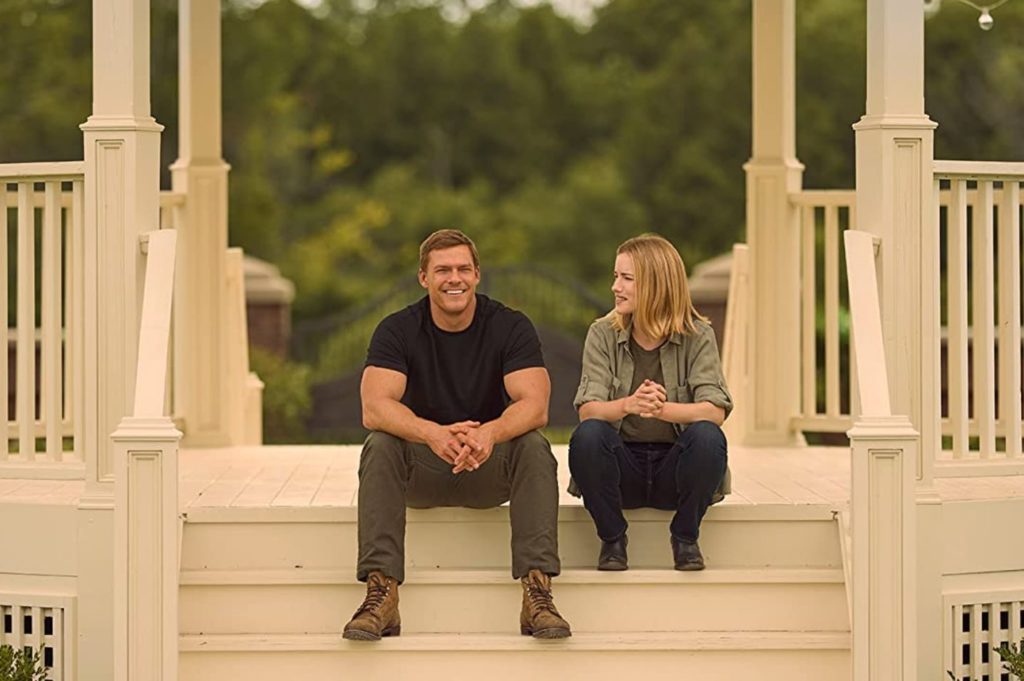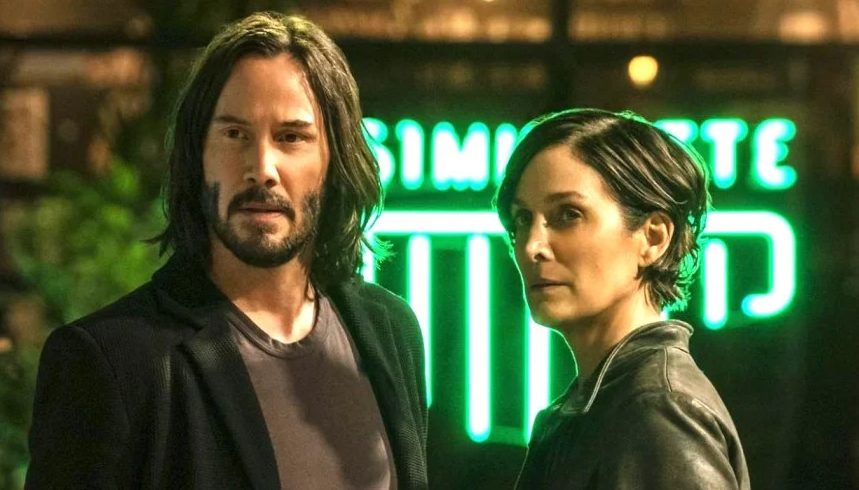Show: “Incorruptible”
Date: 17/01/2025
Venue: El Tinta Roja
Rating: 4.8/5
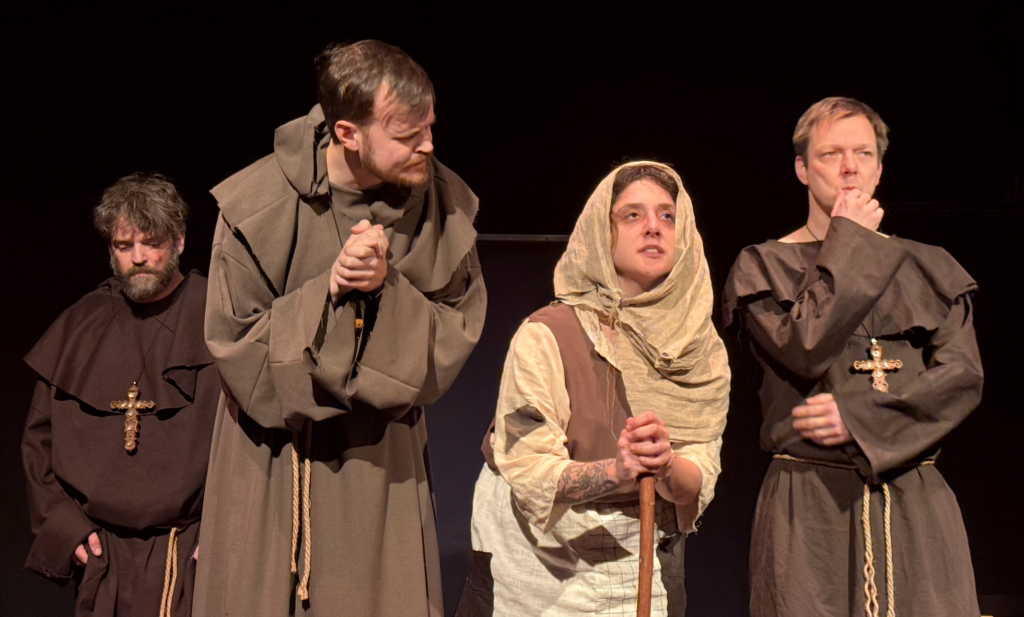
Welcome to Priseaux, France, in the dark times of ca. 1250 AD. And if, when I said “Priseaux”, your first reaction was a befuddled “Where is that?”, you’re not alone! In this godforsaken and forgotten monastery, the times are dark indeed: calamities keep happening, and Saint Foy, the local saint, hasn’t worked a miracle in years. In short, things are decidedly dire… until the monks receive the visit of a one-eyed minstrel, who shows them how to get out of their predicament, and even maybe get the attention of the Pope himself!
The allure of “Incorruptible” lies in its irreverence and dark humor, and I was all here for it. The actors waltz through themes like the endurance of faith, or the worshipping of relics – whether or not they are really what they claim to be. Without realizing, we find ourselves in the middle of outright graverobbing, desecration, and deception, and laughing about it!
The entire cast shines in their respective roles, starting with Patrick Beverley as Abbot Charles who uses his faith as a crutch against lifelong guilt regarding sawdust-filled bread (it’s a long story!). Alex Jacob plays Brother Martin, who slowly but surely embraces his inner deviousness after years of frustration with his vows of poverty. Kurtis Bright chews the scenery with gusto as Jack, a surprisingly layered character, unapologetically mischievous but still upholding his moral code. Alice Russo and Victoria Russell bicker as mother and daughter trying to benefit from the whole situation, while Bünyamin Cicek and Matthew Murtha play hapless novices Olf and Felix, who try their best to follow their superiors’ shenanigans. Finally, Mara Ambrosie steals the show in her brief but powerful appearance as Abbess Agatha, who’s got a thing or two to say to Charles!
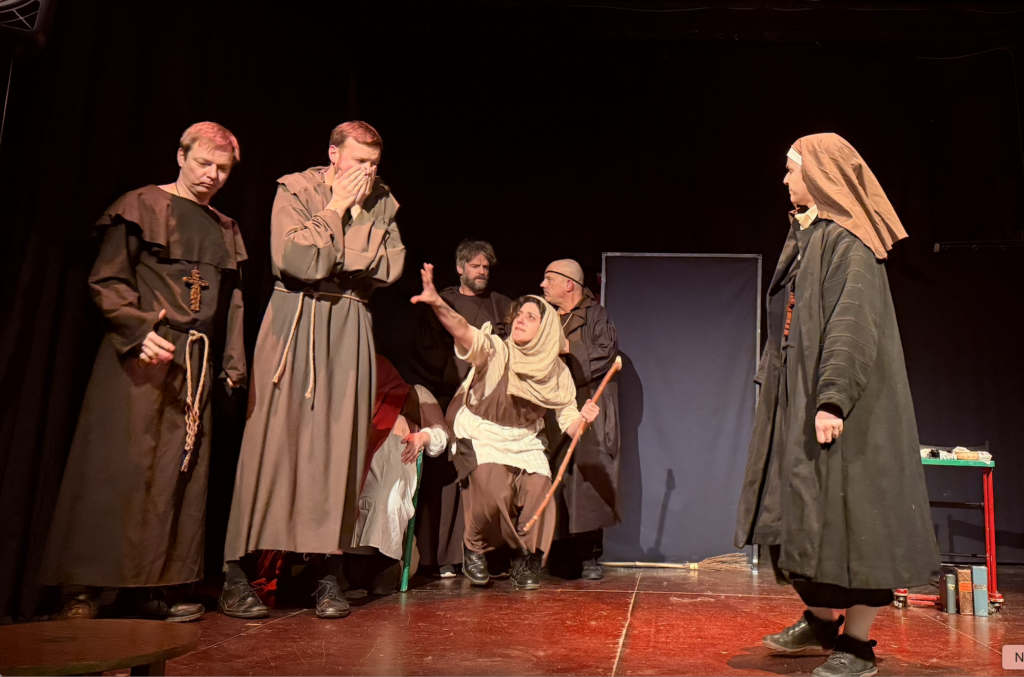
This is the first production by the Barcelona Community Theatre Group, a new theatre troupe on the Barcelona scene, and they certainly start with a bang with “Incorruptible”. While there was the odd muddled line or timing in certain entrances or effects, understandable for a new company in their first production, it did not detract from a thoroughly enjoyable performance. All the actors, most of whom are already experienced comics in their own right, bring their own personal touch to make their character unique and memorable. Beverley, Bright and Russo share credits as co-directors and I can’t wait to see what else they have in store.
Conclusions
Overall, I heartily recommend catching a performance of this play. The Abbey of Priseaux will gladly take your coin in exchange for a memorable evening! The next showings will be on January 24th, February 7th and February 14th at the Metamórfosis Theater in Barcelona. Don’t miss it!
Grab your tickets here (this link opens a new website)
